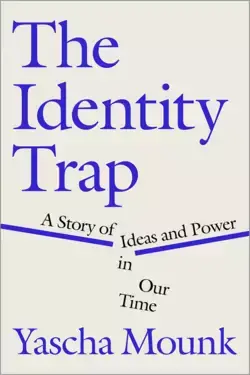
The Identity Trap
A Story of Ideas and Power in Our Time

One of our leading public intellectuals traces the origin of a set of ideas about identity and social justice that is rapidly transforming America—and explains why it will fail to accomplish its noble goals.
- Book
- Foreign policy analyses written by CFR fellows and published by the trade presses, academic presses, or the Council on Foreign Relations Press.
For much of history, societies have violently oppressed ethnic, religious, and sexual minorities. It is no surprise that many who passionately believe in social justice came to believe that members of marginalized groups need to take pride in their identity to resist injustice.
But over the past decades, a healthy appreciation for the culture and heritage of minority groups has transformed into a counterproductive obsession with group identity in all its forms. A new ideology aiming to place each person’s matrix of identities at the center of social, cultural, and political life has quickly become highly influential. It stifles discourse, vilifies mutual influence as cultural appropriation, denies that members of different groups can truly understand one another, and insists that the way governments treat their citizens should depend on the color of their skin.
This, Yascha Mounk argues, is the identity trap. Though those who battle for these ideas are full of good intentions, they will ultimately make it harder to achieve progress toward the genuine equality we desperately need. Mounk has built his acclaimed scholarly career on being one of the first to warn of the risks right-wing populists pose to American democracy. But, he shows, those on the left and center who are stuck in the identity trap are now inadvertent allies to the MAGA movement.
In The Identity Trap, Mounk provides the most ambitious and comprehensive account to date of the origins, consequences, and limitations of so-called “wokeness.” He is the first to show how postmodernism, postcolonialism, and critical race theory forged the “identity synthesis” that conquered many college campuses by 2010. He lays out how a relatively marginal set of ideas came to gain tremendous influence in business, media, and government by 2020. He makes a nuanced philosophical case for why the application of these ideas to areas from education to public policy is proving to be so deeply counterproductive—and why universal, humanist values can best serve the vital goal of true equality. In explaining the huge political and cultural transformations of the past decade, The Identity Trap provides truth and clarity where they are needed most.
More on:
More on:
 Online Store
Online Store
